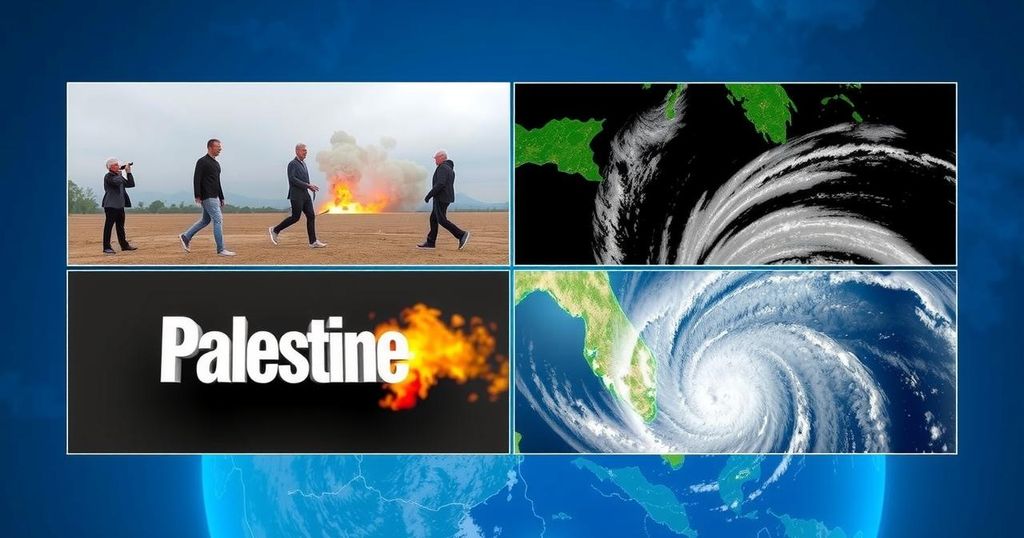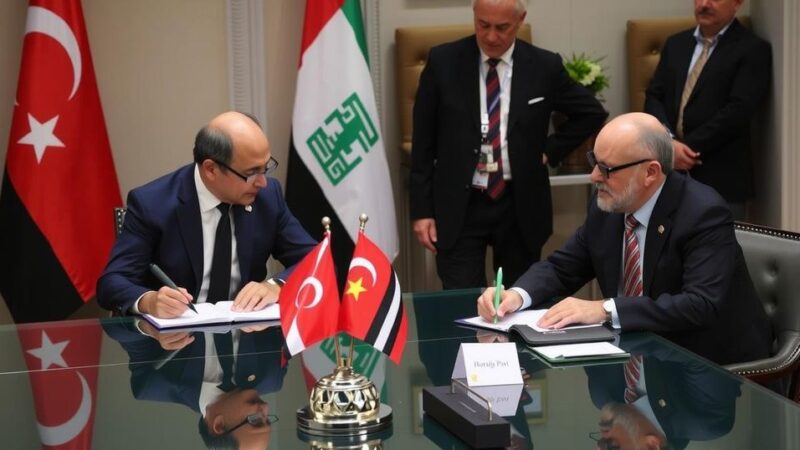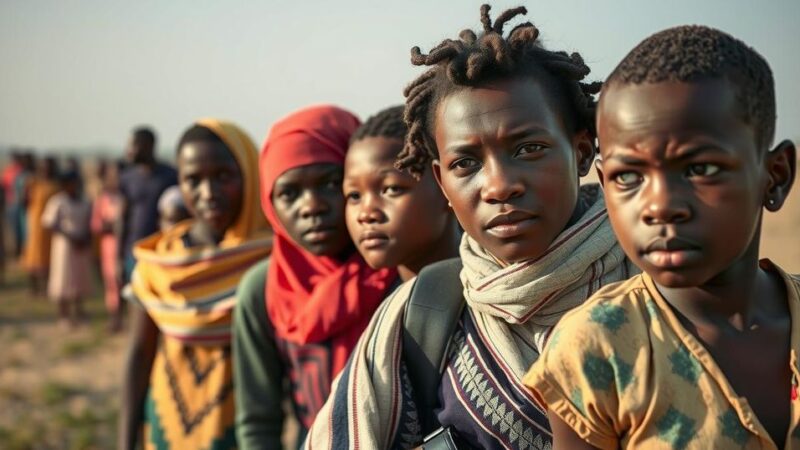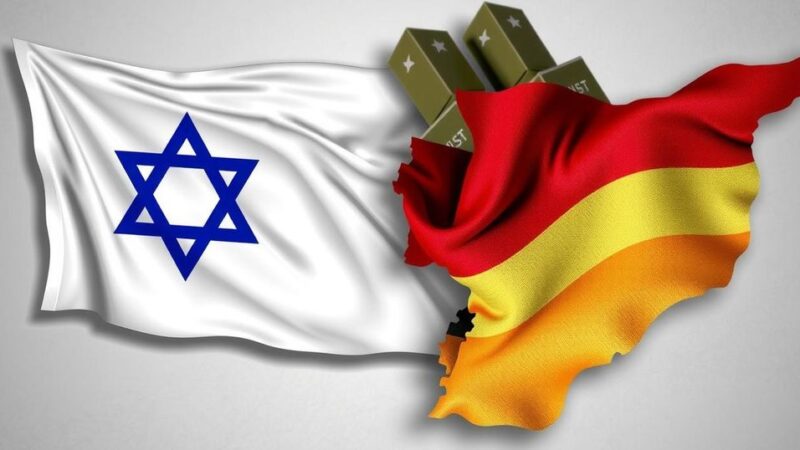Current top news highlights severe humanitarian crises in the Occupied Palestinian Territory, Syria, Ukraine, and Mozambique following Tropical Cyclone Chido. Each region faces significant challenges due to ongoing conflicts and environmental disasters, necessitating urgent international humanitarian efforts to alleviate suffering and provide necessary assistance.
In the Occupied Palestinian Territory, ongoing hostilities in Gaza have resulted in numerous civilian casualties and severe destruction, exacerbating the humanitarian crisis. Reports indicate that various aid missions continue to be obstructed by Israeli authorities, highlighting the urgent need for the protection of civilians and infrastructure. Meanwhile, humanitarian efforts are strained; families face exorbitant food prices, with significant wheat flour shortages anticipated.
In Syria, dire conditions persist in displacement camps due to heavy rains and insufficient infrastructure. With nearly 730,000 individuals living in tents, recent flooding has further complicated their situation, leaving thousands without shelter. The UN and humanitarian organizations are active in delivering assistance, yet many families are unable to return home due to dangerous remnants of war and destroyed infrastructure. Meanwhile, reports of casualties from landmine explosions indicate a pressing need for demining efforts.
In Ukraine, increasing assaults on energy infrastructure have been condemned by the Humanitarian Coordinator, Matthias Schmale, emphasizing the humanitarian implications of these attacks during the winter months. Recent bombings have left hundreds of thousands without vital heat and power, necessitating immediate humanitarian aid to assist the affected populations. Emergency responses are underway to provide necessary supplies and support.
Following Tropical Cyclone Chido in Mozambique, significant humanitarian assistance is being provided to over 77,000 people impacted by flooding that devastated large areas of land, including cropland. The cyclone has severely affected local agriculture, compounding challenges faced by communities already displaced by violence.
The situation in these regions remains critical, necessitating ongoing attention and action to address the urgent humanitarian needs of the affected populations.
The global community is currently witnessing a surge in humanitarian crises across various regions. In the Occupied Palestinian Territory, the continuous violence has led to severe humanitarian consequences for civilians, exacerbated by limitations on aid. In Syria, the situation remains compounded by the harsh winter, leading to further suffering in displacement camps. Ukraine’s ongoing conflict also sees attacks on essential infrastructure, increasing the risks faced by vulnerable populations. Finally, Mozambique’s recent cyclone adds to the growing list of urgent needs as communities confront both natural disasters and ongoing violence. These crises underscore the need for robust humanitarian responses and international support to alleviate suffering and promote stability.
The current humanitarian landscape is dominated by conflicts and natural disasters leading to widespread suffering. In Gaza, civilians face daily violence amid an escalating humanitarian crisis, while families in Syria persist in deplorable conditions in displacement camps. In Ukraine, repeated attacks on energy supplies worsen the plight of those affected by conflict. Meanwhile, Mozambique gathers response efforts to combat the aftermath of Cyclone Chido. Urgent and sustained international support is paramount to address these interconnected crises and restore hopeful prospects for affected communities.
Original Source: www.unocha.org







